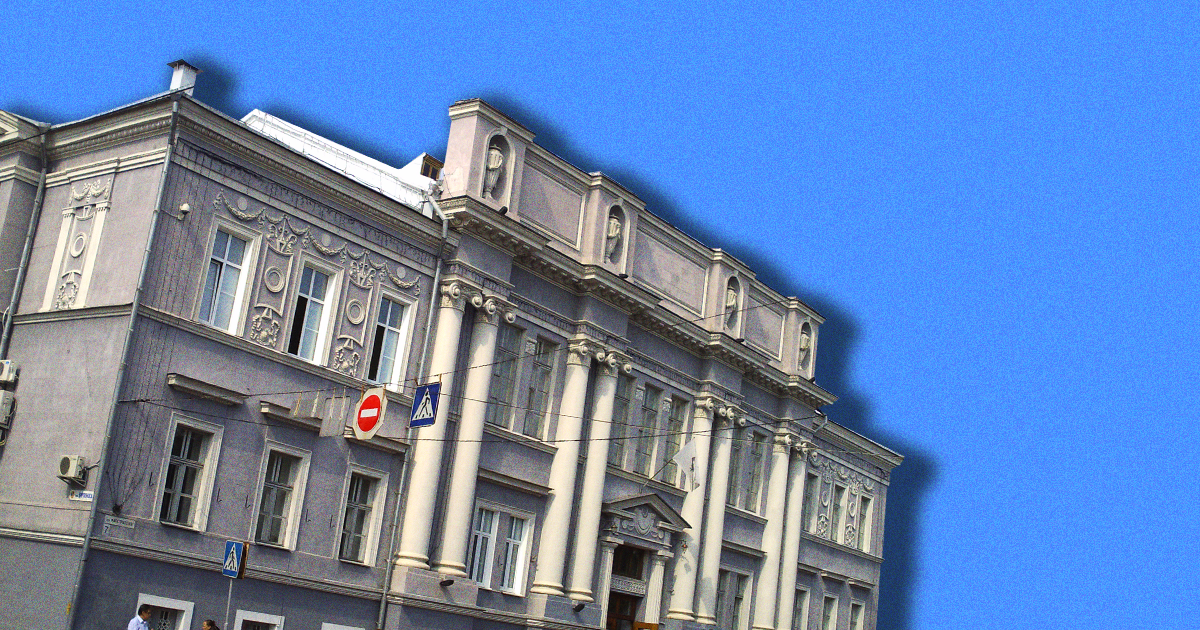President Volodymyr Zelensky proposes that the Verkhovna Rada grant the head of the Chernihiv City Military Administration the powers of the Chernihiv City Council, its executive committee, and the Chernihiv Mayor. This is stated in the draft resolution No.9055, registered in the Verkhovna Rada on February, 23.
However, according to the lawyers of the Civil Network OPORA, any decision on early termination or “transfer” of powers of local self-government bodies to other structures should be justified and comply with the rule of law.
The state can control the activities of local self-government bodies, including when it is necessary to counteract aggression under martial law. At the same time, the measures it uses shall be proportionate and not restrict the right of hromada residents to local self-government.
At the end of 2022, the mayor of Chernihiv Vladyslav Atroshenko was deprived of the right to hold this position for a period of 1 year (decision of the Yavorivskyi District Court of the Lviv Oblast). The appeal left the sanction unchanged.
In accordance with the law “On Local Self-Government in Ukraine”, the powers of the mayor of Chernihiv passed to the secretary of the city council, Oleksandr Lomaki. According to the law, within 15 days, the secretary had to apply to the Verkhovna Rada with a petition to appoint early mayoral elections. At the same time, under the martial law, elections cannot be held.
Instead, on February, 7, 2023, the Chernihiv City Military Administration was established. However, the relevant decree of the President does not specify the grounds and reasons for its formation.
According to the provisions of the Law “On the Legal Regime of Martial Law,” temporary state bodies, such as military administrations (MA) shall be established within hromadas, where local councils and/or their executive bodies and/or heads do not exercise the powers assigned to them by the Constitution and laws of Ukraine.
In comments to OPORA, MP of Ukraine, member of the Verkhovna Rada Committee on the Organization of State Power, Local Self-Government, Regional Development, and Urban Planning, Vitaliy Bezgin, said: “The suspension of Vladyslav Atroshenko's powers as mayor of Chernihiv was based on a court decision. It is a separate branch of power, so it is difficult to comment on whether this decision is right or wrong. The decision to create the MA is a tool to prevent the loss of stability in managing the territory located close to the section of the state border adjacent with Russia and the Republic of Belarus that have already experienced a hostile invasion. It is the intention of the state to preserve the legal capacity of this territory.”
Having connected the provisions of the Law “On Local Self-Government in Ukraine” and the Law “On the Legal Regime of Martial Law” as one of the grounds for the formation of the MA in Chernihiv, it is reasonable to consider the failure to fulfill powers by the secretary of the city council.
Therefore, OPORA believes that it is expedient for the Decrees of the President to clearly indicate the grounds and justification for the formation of the MA. In the case of Chernihiv, those are specific facts of non-fulfillment by the city council, its executive bodies, or the secretary of the city council of the duties assigned to them by the Constitution and Laws.
On February, 21, information appeared on the website of the Chernihiv City Council about the “initiative of certain politicians to give the created administration the powers of the city council and its executive committee by the Resolution of the Verkhovna Rada.” Two days later, the Draft Resolution on the implementation by the head of the Chernihiv city military administration of the Chernihiv district of the Chernihiv region of the powers provided for by part two of Article 10 of the Law of Ukraine “On the Legal Regime of Martial Law” was registered in the parliament.
Neither the draft Resolution, nor the accompanying documents contain specific facts that would prove the need to “transfer” the powers of the city council, its executive committee, and mayor to the head of the MA, and would indicate non-fulfillment or improper fulfillment of their powers by the Chernihiv City Council.
Despite the fact that the Law “On the Legal Regime of Martial Law” authorizes the Verkhovna Rada to make decisions on the so-called “transfer” of powers upon the President's proposal, OPORA draws attention to the fact that local self-government is the basis for the constitutional order of Ukraine, as deputies of the city council and the mayor have representative mandates.
According to the Decision of the Constitutional Court of Ukraine, in the context of the decision on the appointment of early elections, it expressed the following legal position: “ the powers of the relevant council or village, settlement, city mayor shall be terminated only through the will of voters, rather than by the decision of the Verkhovna Rada of Ukraine.”
OPORA warns that unreasonable and selective transfer of powers of local self-government bodies to military administrations or their heads may be perceived by society as a violation of the right to local self-government or as a tool of political race.
